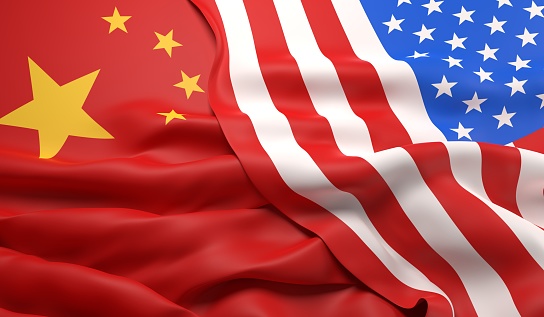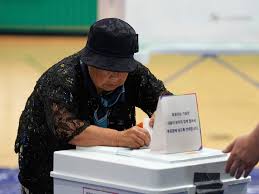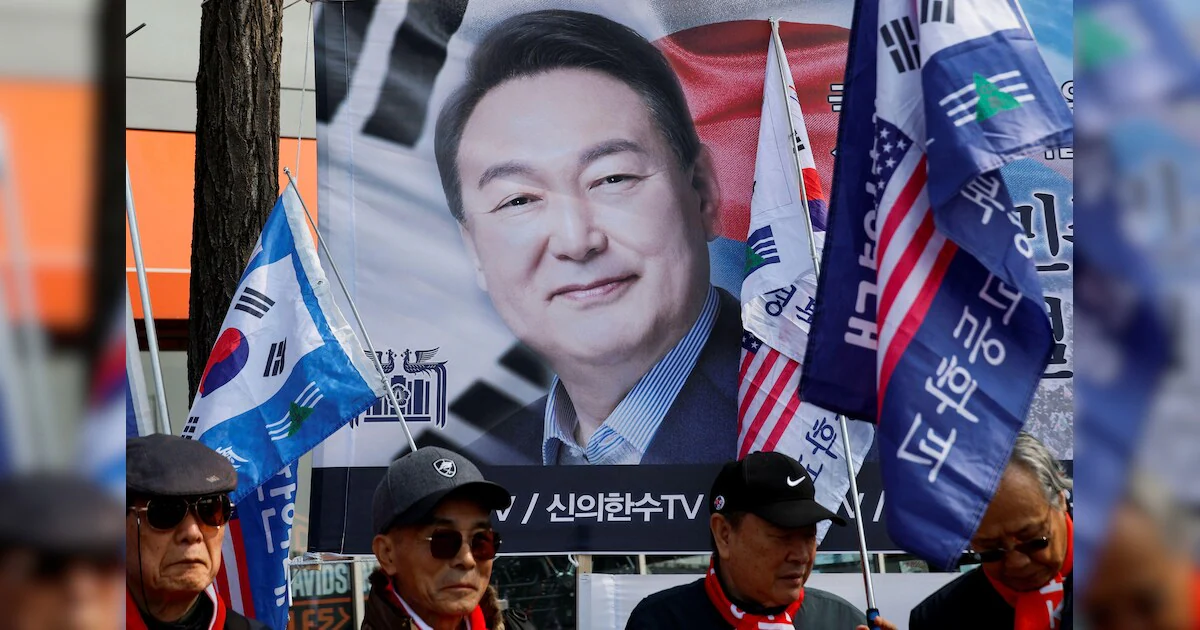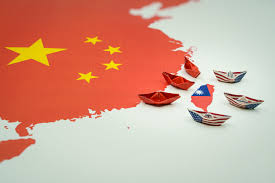U.S.-China trade tensions escalate after new restrictions and visa revocations

NEW DELHI: Tensions between the United States and China have intensified following the U.S. administration's recent actions targeting China's access to advanced technologies and educational exchanges.
The U.S. has implemented new export controls restricting China's access to advanced artificial intelligence (AI) chips and halting the sale of chip design software. These measures are part of a broader strategy to limit China's technological advancements, particularly in areas deemed critical to national security. The U.S. Department of Commerce's Bureau of Industry and Security has added certain Chinese entities to the Entity List, effectively barring them from acquiring U.S. technology without a license.
In a move that has further strained bilateral relations, the U.S. has announced plans to revoke visas for Chinese students, especially those in sensitive fields such as AI and semiconductor research. Secretary of State Marco Rubio stated that the revocations are part of a broader effort to address national security concerns related to China's influence in U.S. academic institutions.
China has strongly condemned these actions, accusing the U.S. of violating the trade truce agreed upon in Geneva last month. The Chinese Ministry of Commerce issued a statement asserting that the U.S. has "seriously violated" the consensus reached during the trade discussions, particularly concerning the export restrictions and visa revocations. Beijing has vowed to take "resolute and forceful measures" to safeguard its legitimate rights and interests.
The escalating tensions have had a noticeable impact on financial markets. U.S. stock futures declined, and the iShares China Large-Cap ETF (FXI) fell by 1.8%, reflecting investor concerns over the potential long-term effects of the renewed trade conflict.
The recent developments underscore the fragility of the U.S.-China trade relationship. While both nations have expressed a willingness to engage in dialogue, the latest actions suggest that underlying issues, particularly concerning technology and national security, remain unresolved. The coming weeks will be critical in determining whether diplomatic efforts can de-escalate the situation or if further confrontations are imminent.










